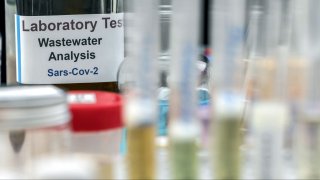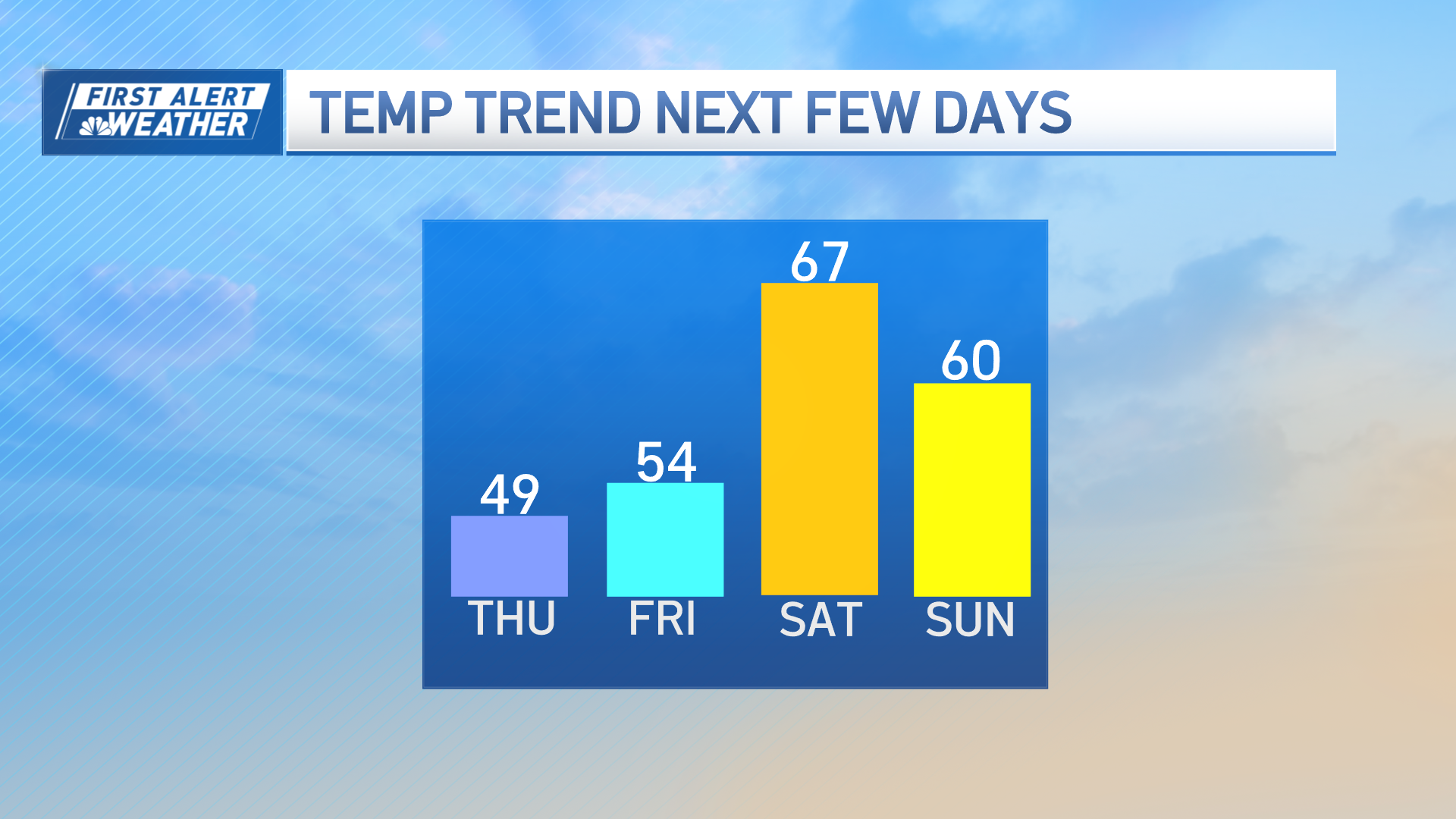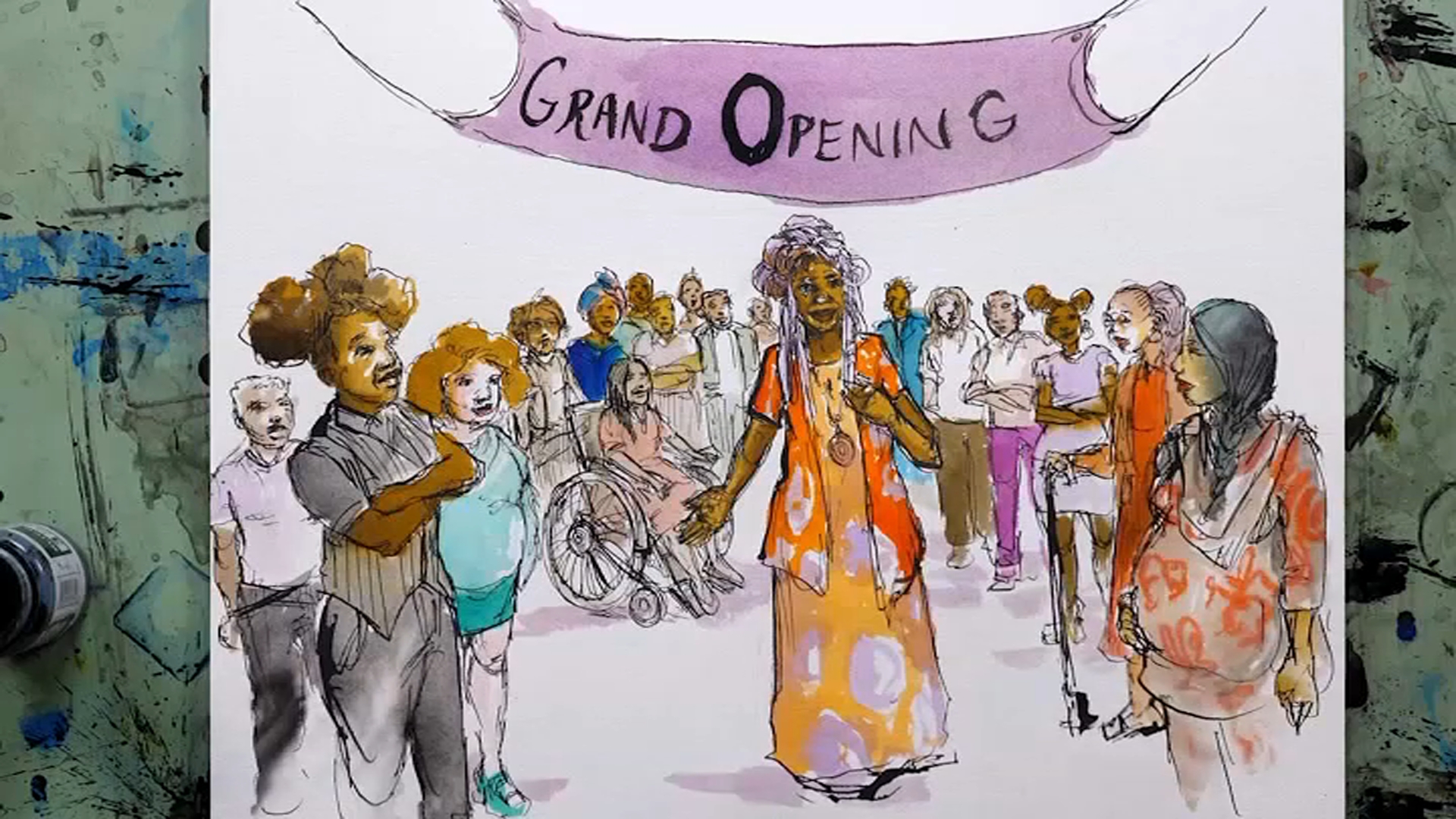
New Hampshire's Department of Health has announced the implementation of a wastewater surveillance program to monitor COVID-19 levels in New Hampshire communities.
Viral fragments in samples are collected from wastewater treatment facilities can help determine if the levels of COVID-19 are going up, down, or staying the same.
“Wastewater surveillance does not depend on individuals testing for COVID-19, so this new program has the potential to provide additional and earlier insight about COVID-19 in our communities,” said DPHS Director Patricia Tilley.
Get Boston local news, weather forecasts, lifestyle and entertainment stories to your inbox. Sign up for NBC Boston’s newsletters.
The program is similar to those already in use in other states, such as the testing done by the Massachusetts Water Resources Authority. Health officials have found that the wastewater data can predict upticks in COVID-19 earlier than other surveillance testing, which relies on individuals to be tested and then have the results reported to the appropriate agencies.
These are the participating wastewater treatment plants in New Hampshire:
- Berlin Pollution Control Facility
- Dover Wastewater Treatment Facility
- Durham Wastewater Treatment Facility
- Hampton Wastewater Treatment Facility
- Hanover Water Reclamation Facility
- Keene Wastewater Treatment Plant
- Manchester Wastewater Treatment Plant
- Merrimack Wastewater Treatment Facility
- Newmarket Wastewater Treatment Plant
- Newport Wastewater Treatment Facility
- Pease Wastewater Treatment Facility
- Peirce Island Wastewater Facility
- Plymouth Village Water & Sewer District
- Sunapee Wastewater Treatment Plant
Wastewater data will be published on the New Hampshire COVID-19 website.
Local
In-depth news coverage of the Greater Boston Area.



